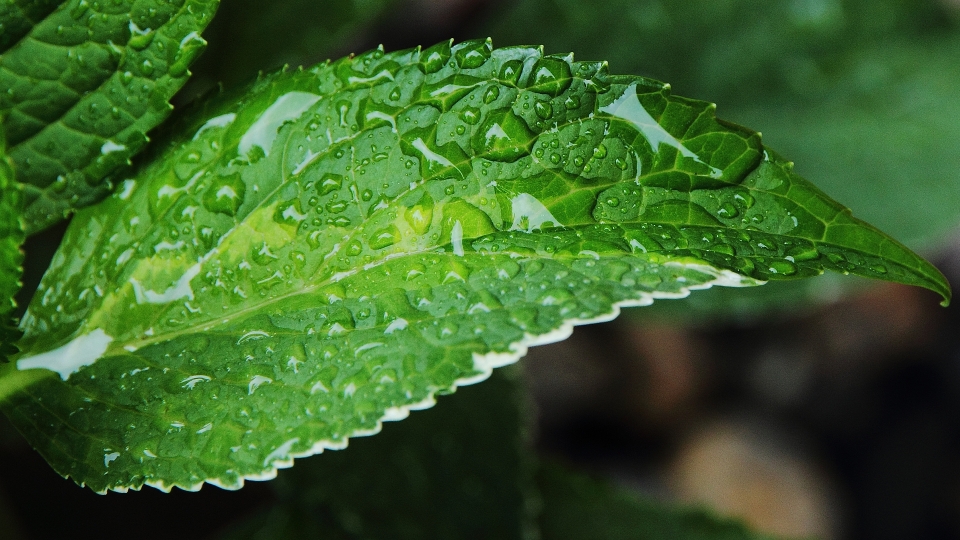Reflection: Creation Waits for Liberation by the Children of God
Beth Snodderly is a past president of William Carey International University and is the editor for both the William Carey International Development Journal and the Ralph D. Winter Research Center.
WCIU Journal: Environmental Studies Topic
July 6, 2016
by Beth Snodderly
This Reflection is part of the Scripture as International Development series.
For the creation waits in eager expectation for the children of God to be revealed. For the creation was subjected to frustration, not by its own choice, but by the will of the one who subjected it, in hope that the creation itself will be liberated from its bondage to decay and brought into the freedom and glory of the children of God (Romans 8:19-21).
Let your kingdom come. Let your will be done on earth as it is done in heaven (Matthew 6:10, GOD’S WORD® Translation).
The people that walked in darkness have seen a great light: they that dwell in the land of the shadow of death, upon them hath the light shined.
(Isa. 9:2)
After Satan used his free will to rebel against God, and because Satan was already the ruler of the earth (John 12:31), God put a long-term plan in place to bring his will to earth, as it is in heaven. N.T. Wright explains his view of this plan on pages 22, 23 of his article, “Romans and the Theology of Paul”:
• The divine intention was to deal with the evil of the world by heaping it up into one place and there passing and executing sentence of judgment upon it.
• This “place” was always intended to be the Messiah himself.
• Israel, God’s chosen people, became the place where sin was first gathered together [through their knowledge of the Law and failure to obey it], in order that this burden might then be passed on to the Messiah alone.
After the Messiah came, and dealt with the heaped up sin of the world, thus “destroying,” or “undoing” the works of the devil (1 John 3:8), creation was still left groaning under the burden of what Satan had done to it. Just as God subjected the people of Israel to the frustration of knowing what is right (through the Law) and not being able to fulfill it, so creation has been subjected to the frustration of “knowing” what it is meant to be and not being able to be that. The author of First John envisions the world as being in need of rescue from the hold the evil one has upon it: “the whole world lies in the [power of] the evil one” (1 John 5:19). He seems to allude (in 1 John 2:13, 14) to the need for strong champions, in the tradition of Heracles, to overcome evil wherever it is found and contribute toward the final cosmic overthrow of Satan.
Jesus passed on to his followers the responsibility to continue the work he had begun of destroying/ undoing/ nullifying the works of the devil: “the person who believes in me will perform the works that I am doing and will perform greater works than these” (John 14:12). The author of First John echoed this, saying, “as he is, so are we in this world” (1 John 4:17).
God has let a lot of time go by since the Messiah passed on to the children of God the responsibility to do for creation what he has done for humanity. God’s children need to be using that time to do what they were originally created to do: to act as stewards of the earth by undoing the effects of the curse and frustration of creation and liberating it from Satan’s dominion (Genesis 1:26).


